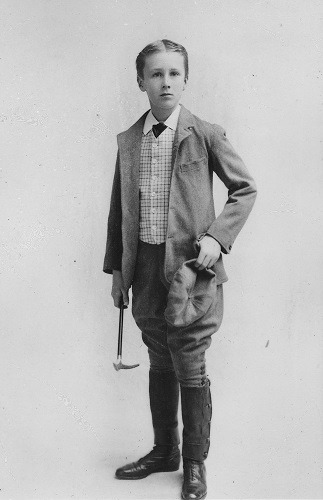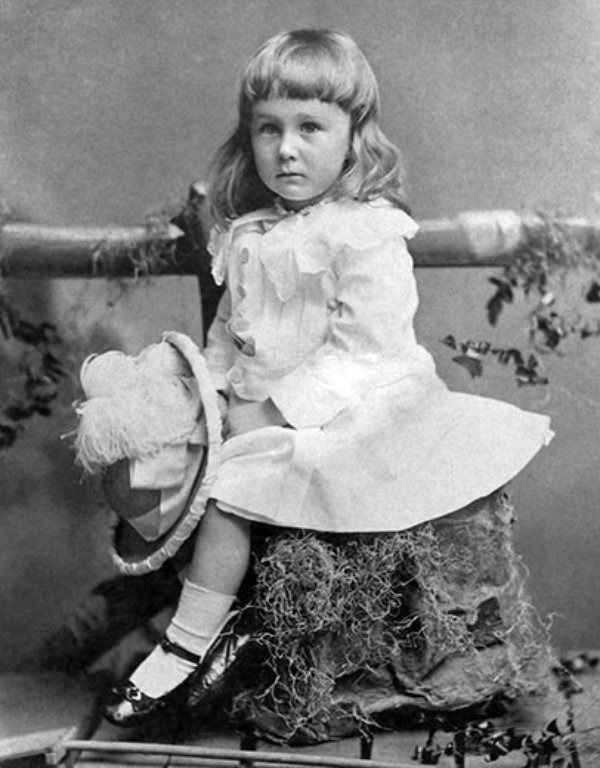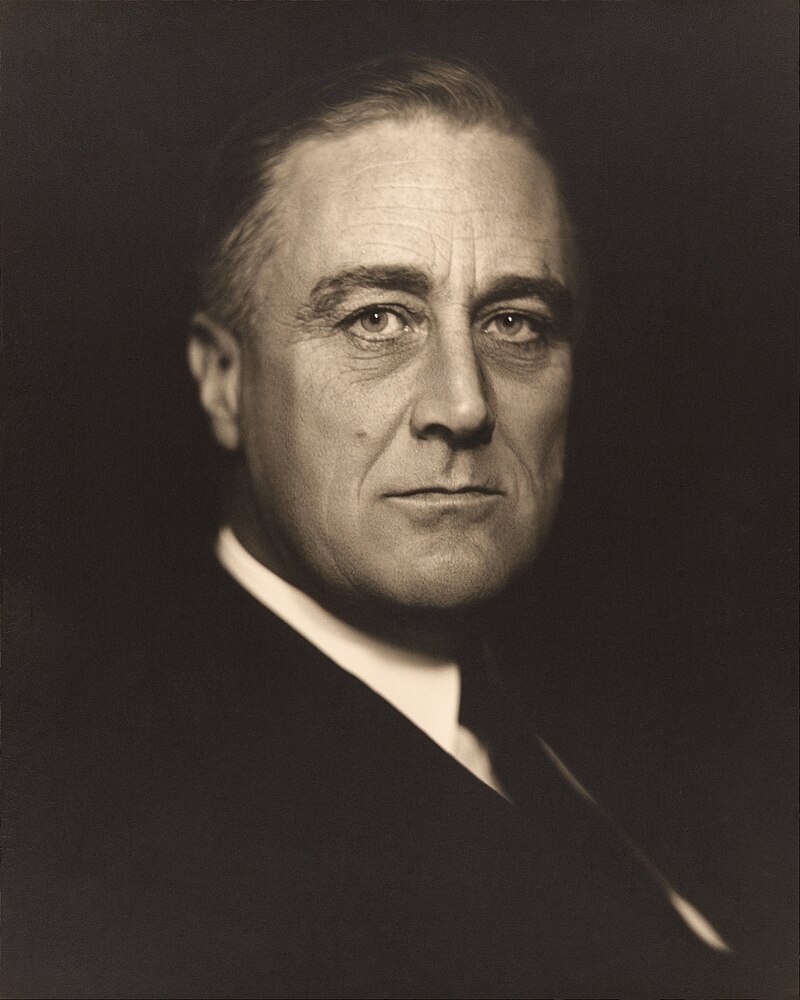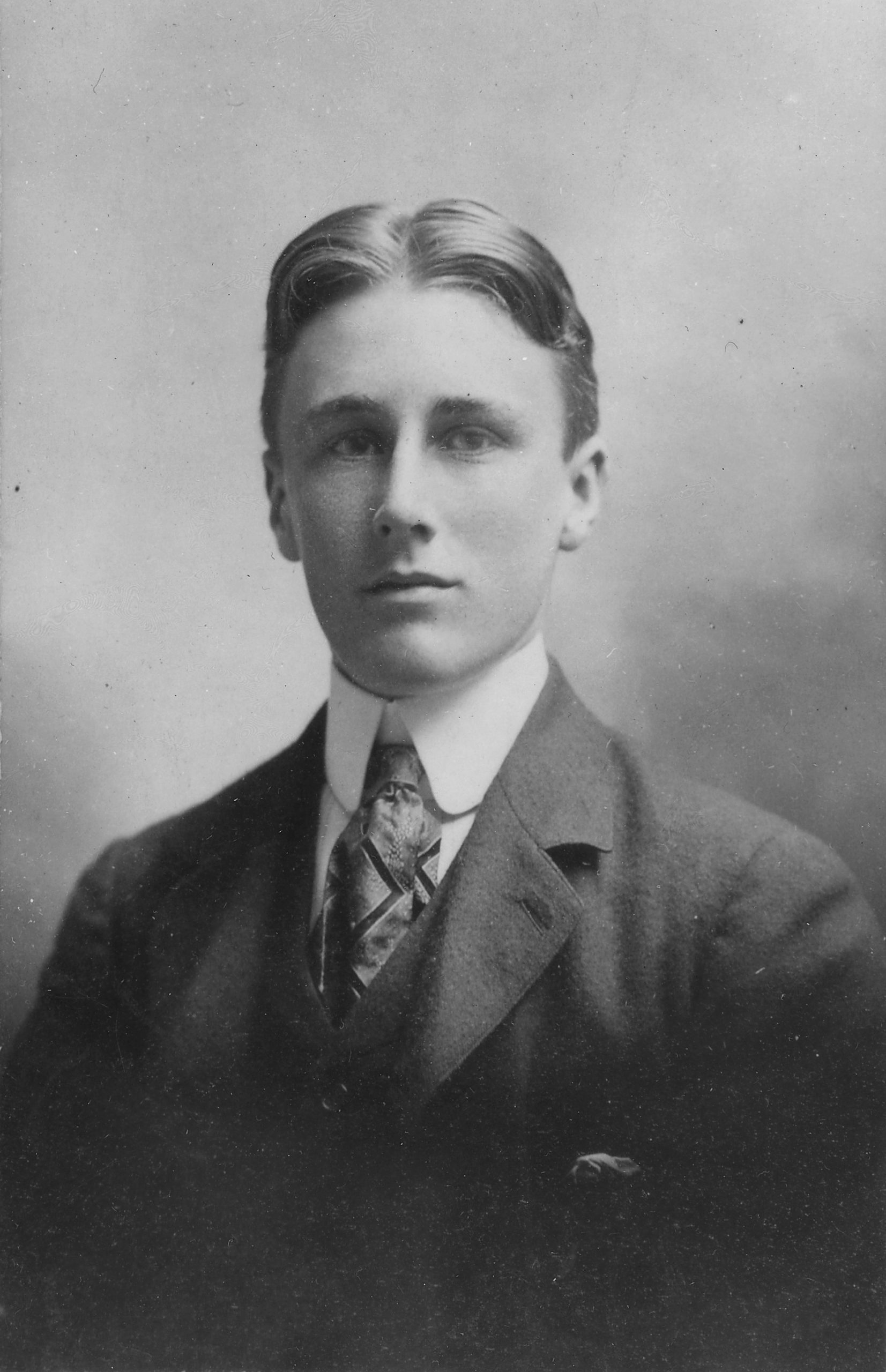Franklin Delano Roosevelt, often referred to by his initials FDR, served as the 32nd president of America during The Great Depression. Born in New York in a wealthy family of Roosevelts, Franklin spent a privileged childhood. But he came to be one of the prominent men in America who took the USA through The Great Depression and ruled for four terms, till his death in 1945. The childhood of a formidable person like him needs to be known. Some highlights of his childhood are as under.
Childhood
Franklin Delano Roosevelt was born on January 30, 1882, in the Hudson Valley town of Hyde Park, New York. James Roosevelt I, Franklin’s father, wrote in his diary that day,
“At a quarter to nine, my Sallie had a splendid large boy but was unconscious when he was born. The baby weighs ten pounds without clothes.”
But the seemingly healthy boy did not breathe for some time, putting the family in difficulty. Apparently, the doctor had administered too much chloroform to alleviate Sara’s labour pain. The baby and mother had a near-death experience before they could be finally revived.
Franklin Roosevelt was born to wealthy parents, his paternal ancestors were wealthy landowners and merchants, while his mother came from the Delano’s, also wealthy merchants and shipbuilders. James Roosevelt was a businessman who worked in the coal and transportation business. There was the vice president for the Delaware and Hudson Railway. Also, he served as president for the Southern Railway Security Company. Sara Ann Delano’s family appeared in New York before the Roosevelts and established their businesses. Sara and James were related as sixth cousins and the families had good ties, for many years.

Franklin spent a privileged childhood in the estate his parents had acquired. His mother, the second wife of James Roosevelt I, remained the most important person in Franklin’s life. She took care of him to the extent of being overprotective, while James was seldom seen participating in his son’s life. He was attended by governesses, and the whole household revolved around him.
Until age 14, he was taught by tutors at home. The overprotective nature of his mother inspired such an upbringing, and she continued to be an important figure in Roosevelt’s life up into adulthood. She was cited as saying “My son Franklin is a Delano, not a Roosevelt at all.” James was 54 when Franklin was born, so he stayed quite aloof from his son’s life. However, some observers say that he was more involved than the custom of that time.
Roosevelt’s renowned footing in society permitted him to visit the White House with his father at only five years of age. Upon meeting him, the then-president, Grover Cleveland, uttered the following memorable words “I have one wish for you, little man, that you will never be president of the United States.” The irony of this statement, however, was apparent when Roosevelt happened to not only become the president but to hold the position for the longest time in the history of the U.S.
As any eminent family of the time, he had the privilege of traveling to foreign countries. His family traveled to Europe’s churches, palaces, museums, and other cultural heritages. His tours helped him become fluent in German and French. According to Roosevelt, France was a fine country, and he was fond of the French. However, his opinions on Germany were not as esteemed. He considered the Germans to be too arrogant, although he might have been influenced by his parents who, according to them, were “filthy … German swine.”
In his teenage years, he had the opportunity to learn to play lawn tennis, polo, shoot, row, and ride horses. During these growing years, he began to play golf and also immersed himself in sailing, prompting his father to gift him a boat, named New Moon, for his sixteenth birthday.
Education
As for his education, he was homeschooled in his early years by private tutors. Unlike the custom at the time, Roosevelt did not go to boarding school at 12, but at 14, as this was considered more suitable by Sara Roosevelt. The boarding school chosen for him was the Groton School in Groton, Massachusetts. There he studied alongside pupils who belonged to the American elite like himself. Endicott Peabody, the headmaster of the institute, influenced Roosevelt in several ways.
For children of wealthy and privileged background, Peabody urged them to start community service in the hope that they will see the under-privileged and go on in life to do something important for them. Roosevelt took the message, and he developed a special bond with the headmaster, who continued to be a part of Franklin’s life. He was an officiant at Franklin’s wedding. Upon becoming president, Roosevelt attributed it to his old headmaster, “For all that you have been and are to me, I owe a debt of gratitude.” Peabody visited his old student after he became president of the United States.
In school, Franklin was not one of the brightest students. He was considered to be an attention-seeker by his fellows. He, however, showed excellence in other fields, such as debating and management. He went on to join the debating society and polished his leadership skills, which identified him as a democrat and future leader of the country. Throughout his school days, Peabody continued to believe in the boy’s extraordinary intelligence, for which Franklin always expressed gratitude. Even later in life, he claimed that it was a blessing to have Peabody’s guiding hand.
Roosevelt began college at Harvard, and again remained a C student, barely passing. Not the brightest in academics, he joined various fraternities and clubs, as he managed to major in history and political science. His fellow students who had a variety of opinions about him, never really identified him for who he was – a democrat and a leader. He was known for committing minor offences such as climbing down a window, without catching the teacher’s eye.
He graduated in 1903, with a bachelor’s degree in history.
Roosevelt grew up and always remained in the company of the well-fed, wealthy, and privileged children. He took office during The Great Depression but managed to not only steer the country through but to keep office for four terms until his death in 1945.
US Presidents | ||



